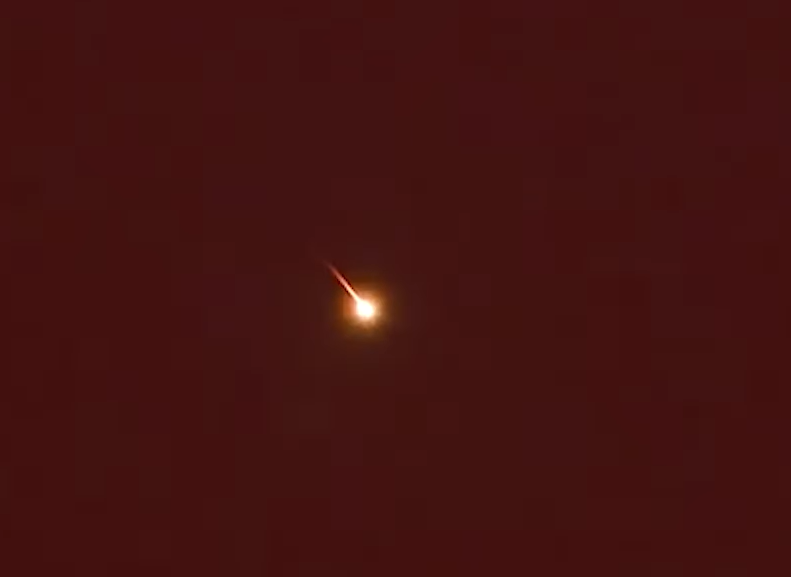The recent clash between Iran and Israel marks a significant escalation in the ongoing conflict between the two countries. Here’s a summary of the key events and reactions:
- Iran’s Reprisal Attack: Iran launched dozens of aerial drones and missiles at Israel in retaliation for a strike on its consulate in Syria, which killed several IRGC officers. The attack targeted specific military facilities in Israel and involved a combination of cruise missiles, drones, and ballistic missiles.
- Response from Israel and Allies: The Israeli military, along with assistance from other countries, intercepted the majority of the incoming projectiles, preventing significant damage and casualties. Israel’s Prime Minister Benjamin Netanyahu called a war cabinet meeting and reaffirmed the country’s commitment to defending its security.
- International Response: US President Joe Biden condemned Iran’s attack and reaffirmed America’s support for Israel’s security. The UK, France, and other allies also condemned the attack, with UK Prime Minister Rishi Sunak pledging to stand up for Israel’s security.
- UN Involvement: UN Secretary-General António Guterres strongly condemned the escalation and called for an immediate cessation of hostilities, warning against the consequences of further conflict. The UN Security Council will convene for an emergency meeting to address the situation.
- Tensions and Preparedness: The attack has heightened tensions in the region, prompting Israel, Lebanon, and Iraq to close their airspaces, and Syria and Jordan to put their air defenses on alert. Both Iran and Israel have signaled readiness for further confrontation, with Israel warning of potential strikes inside Iran if provoked.

The situation remains fluid, and diplomatic efforts are underway to de-escalate tensions and prevent further violence. However, the recent events underscore the volatile nature of the Iran-Israel conflict and the potential for broader regional instability.










Thank you for your sharing. I am worried that I lack creative ideas. It is your article that makes me full of hope. Thank you. But, I have a question, can you help me? https://accounts.binance.com/tr/register?ref=MST5ZREF